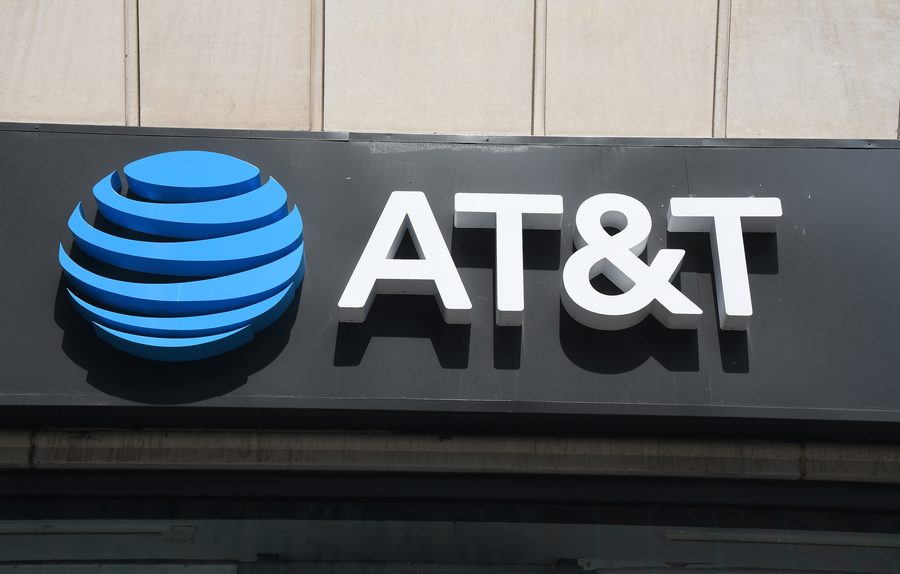From now on, AT&T is going to be prohibited from making any official representations about its mobile data speeds and amounts “without disclosing any material restrictions on the speed or amount of data.”That’s according to a settlement with the Federal Trade Commission announced on Tuesday, which also includes AT&T paying $60 million to resolve allegations that it misled millions of smartphone users. How? By charging them for supposedly unlimited data plans while also reducing their data speeds.
Regarding the $60 million AT&T is paying, that money will be put into a fund that the company will use to pay partial refunds to current and former customers. Specifically, to customers who’d signed up for unlimited plans before 2011 but were throttled by AT&T. No one will need to submit a claim for their refunds, and according to the FTC, if you’re a current AT&T customer, you’ll automatically get a credit on your bill.
Former customers will get checks for any refund amount they’re owed.
From the FTC’s announcement Tuesday: “In a complaint filed in 2014, the FTC alleged that AT&T failed to adequately disclose to its unlimited data plan customers that, if they reach a certain amount of data use in a given billing cycle, AT&T would reduce — or “throttle” — their data speeds to the point that many common mobile phone applications, such as web browsing and video streaming, became difficult or nearly impossible to use.”
AT&T had originally tried unsuccessfully to claim the FTC had no jurisdiction to bring this case. In its announcement on Tuesday, the FTC says AT&T would start to throttle its unlimited data plan customers after they used as little as 2 GB of data in a billing cycle (with half of that amount being reachable just by watching one hour of Netflix in standard definition). “While it seems obvious, it bears repeating that internet providers must tell people about any restrictions on the speed or amount of data promised,” said Andrew Smith, director of the FTC’s Bureau of Consumer Protection.
In a statement to CNBC, AT&T said the following: “Even though it has been years since we applied this network management tool in the way described by the FTC, we believe this is in the best interests of consumers.”








